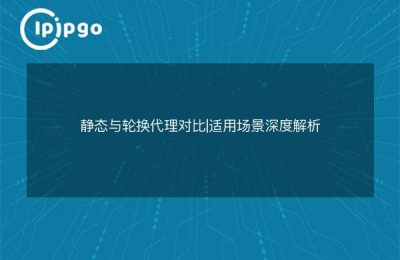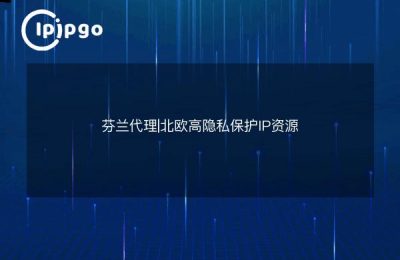
Impact of proxy IPs on network speed
Many people worry that using a proxy IP will slow down the internet speed. In fact, the effect of proxy IP on speed depends mainly on the quality and type of proxy. Generally speaking, the IP speeds provided by quality proxy service providers are good, but if you use a free or low-quality proxy, the speed may drop.
Stability issues
Besides speed, stability is also a big problem. When using a proxy IP, sometimes you will encounter unstable connections, especially when the proxy server is overloaded. Choosing a reliable proxy service provider can greatly reduce this risk.
Safety Considerations
Using a proxy IP also involves security. Quality proxy services usually encrypt data to protect your privacy. However, if you use an insecure proxy, you may be at risk of data leakage. So, when choosing a proxy, you must look at the reputation and security measures of the service provider.
Impact on access restrictions
Proxy IP can help you bypass some geo-restrictions and access websites that you normally can't. However, sometimes websites may impose some restrictions on proxy IPs, such as requiring authentication or directly blocking certain proxy IP segments. In this case, you may need to keep switching IPs to solve the problem.
To summarize.
Overall, using proxy IPs may indeed have some impact on your network, but most of these impacts can be minimized by choosing a quality proxy service. If you are only using it occasionally, the impact may be minimal. However, if you are using it for a long period of time, especially if you require speed and stability, it is especially important to choose a reliable proxy service provider.
I hope this article helped you better understand the impact of using proxy IPs on your network. If you have any other questions or ideas, feel free to share them in the comments section and we'll discuss them together!








